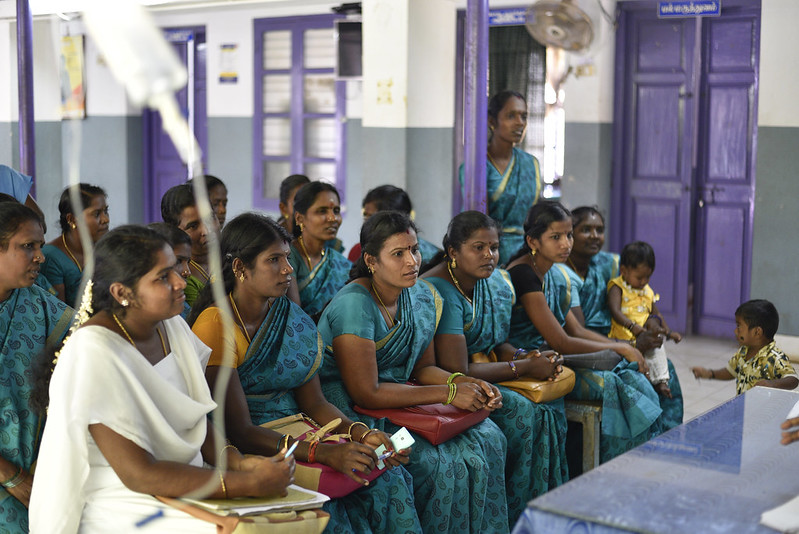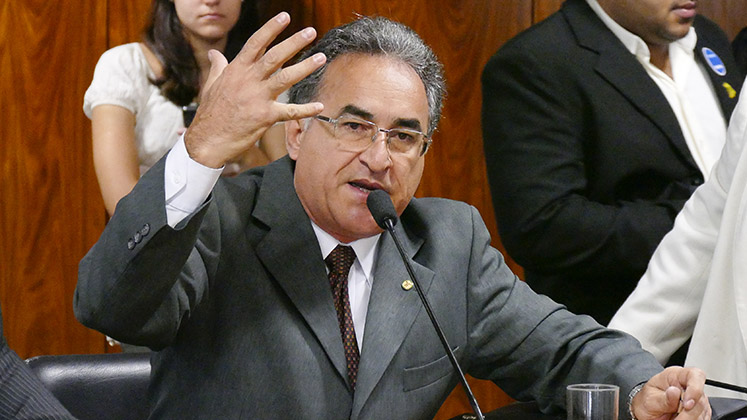This three part weekly series by Harshita Sinha brings forth the narratives and voices from the invisible workers in the Indian Informal Economy during the Covid-19 lock down. In the third and final part of the series we look at the story of Rahil* a migrant construction worker from Bengal.
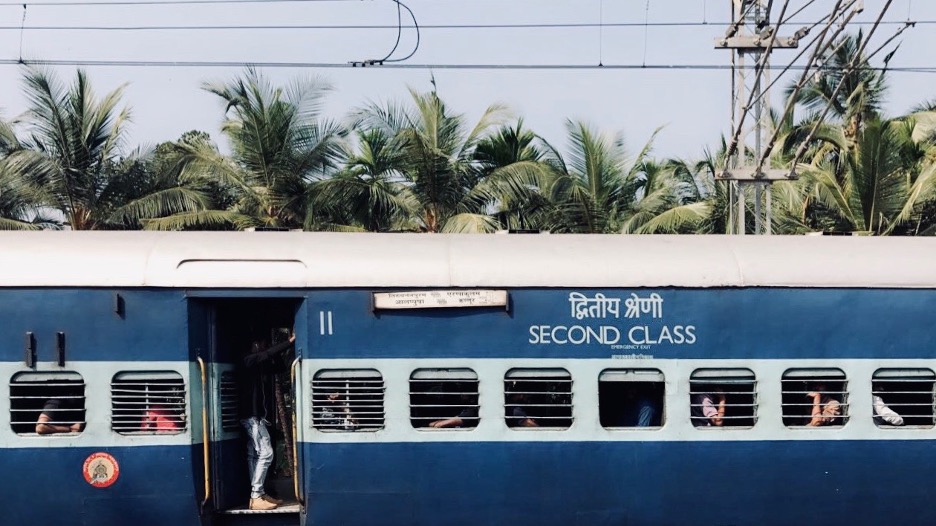
“Ghar Jane do bus” (Just let us go home)
Rahil, 22, a migrant worker from Bengal stays with five other construction workers in a small rented room in a dwelling near a construction site in Delhi. He came to Delhi in February with his uncle to support his family, after the sudden death of his father. While coming to a city to work like many from his village was a rite of passage to better livelihood and status, the desperation to sustain his family wasn’t the circumstance he had imagined the starting point for his hope to work in a city would be. It had hardly been a month since he came to Delhi, that the lockdown was introduced. New to the city, he found company with other workers at the dwelling he starting living in, having had to explore, fight and resist through the initial weeks of not only negotiating being able to work, but also find space to stay. Rahil and three other members of his flat, work on a rota at the construction site through a sub-contractor, they aren’t officially registered as laborers at the site, thus stripping them of the housing and medical facility claims that other workers were entitled to.
Three weeks into the COVID lockdown, Rahil who came to Delhi to earn a living, found himself completely stripped of resources. As the construction site closed down, many of the sub-contracted labourers found themselves out of job and security in no time. Just when the shock of a pandemic and loss of job had severed his hope, Rahil along with others were forced to evict the room they stayed in. Recounting how he navigated the situation, he said,
“I didn’t know who to ask for help, or who to beg from. The Thekadar, (Sub contractor) had stopped answering our calls, we heard some of the others had been beaten up in the initial weeks, as they stepped to look for people at the site. After Ajay (another migrant worker) broke his leg attempting to head back, I was sceptical taking any chances. But soon after I was thrown out of the room, having no other respite, I tried to cling to whatever was possible. I moved to a tented dwelling near the construction site.”
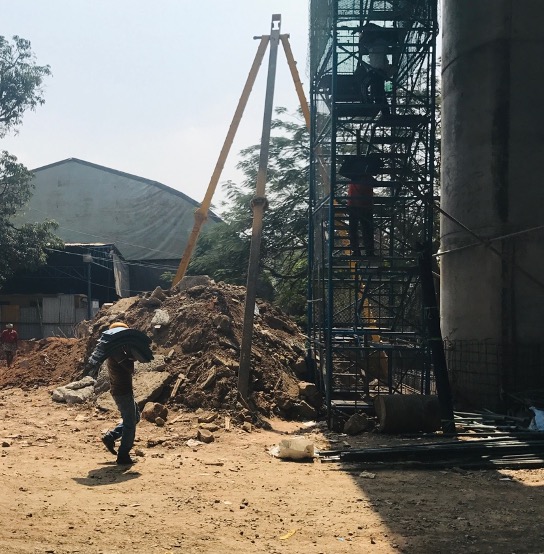
“I have been running in circles and no one cares. We tried to sustain ourselves with meal distributions, but there were days where we had one meal in two days.”… “I tried getting the ration from the government distribution system, but I didn’t have a ration card. Our Thekadar had told us he’ll help up us with getting the card made next month but with all this (referring to the pandemic and lockdown), I don’t think there would be any need. Either we’ll die of disease or hunger.”
Since the third phase of lockdown began, which allowed for economic relaxations, many construction and other economic activities started operating in many districts in India. However, Rahil and many like him are waiting to leave the city and go back home. While construction has started, the deprivation and set of events since last month, has set in place a grave sense of uncertainty not only about the workers life in cities but also of their families back home. Workers like Rahil are desperately waiting to move back home, even in the light of possibility of work.
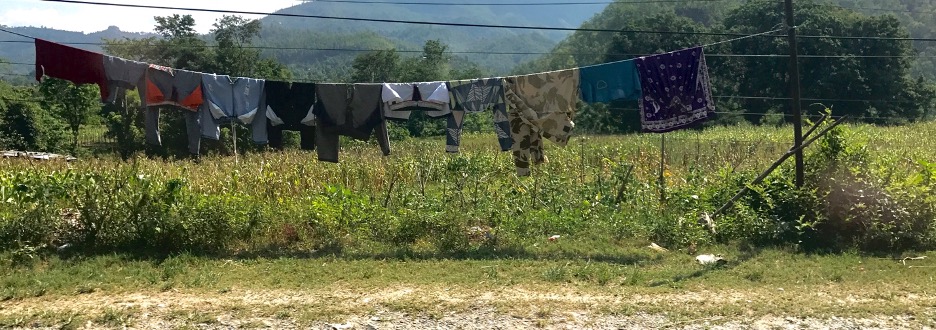
Everyone is a stranger here, I am nobody’s and nobody’s mine, they don’t care if I live or die. I’ll be able to sustain my family only if I am alive and right now home is the only place where that seems to be a possibility.
Rahil says, “Kam ka jugaad hojaega, ghar jane do abh (We’ll figure out work, just let us go home). I want to be there with my family. In the last month, I have been more scared for my life than I would have ever imagined. I want to be home, the rest is immaterial right now. Everyone is a stranger here, I am nobody’s and nobody’s mine, they don’t care if I live or die. I’ll be able to sustain my family only if I am alive and right now home is the only place where that seems to be a possibility.”
As I share Rahil story, since the lockdown, hundreds of migrants workers in India have lost their life not due to the disease, but due to starvation, fatigue and exhaustion of walking over hundred kilometres to reach home. Thousands are still undertaking these journeys, while a million more struggle to navigate the system to get back home. The cycles of hope, misinformation, exploitation during the lockdown have left many migrant workers broken yet relentless to try. Trying to sustain, trying to persevere and most of all trying to not give up against the odds of systematic failure.
Today as the hierarchy of class and privilege shields many, the lack of it has disposed the labour in India at the hands of even more systematic exploitation, with limited choices of recourse. As India reopens its market, we hope the voices of millions whose plight till now was seen as invisible in the informal sector is recognised and acknowledged. As two states in India, Madhya Pradesh and Uttar Pradesh are set to relax their labour laws such as, The Minimum Wages Act, The Equal Remuneration Act, The Trade Unions Act The Industrial Employment (Standing Orders) Act, The Industrial Disputes Act, The Factories Act, The Contract Labour Act, The Inter-State Migrant Workmen Act and The Unorganized Workers’ Social Security Act amongst others. The next few months stands as a defining period for the foreseeable future of the Indian welfare state, where it consciously chooses to prioritise and structure its path either by accounting for development for its people or at the cost of its people and labour.
Note: All members part of these series are successfully in touch with NGO’s working on ground to provide food relief materials to informal sector workers, who are facing hardships due to the COVID-19 Pandemic.
* All names have been changed to ensure anonymity and confidentiality.
Harshita Sinha (@Harshita_Sinha1, h.sinha@lse.ac.uk) is a PhD Candidate at the Department of International Development at LSE. Her research looks at migrant workers in the India informal economy. She holds an MSc. Development Studies from the London School of Economics and her area of interest include migration, gender, informal economy and South Asia. She currently volunteers with an NGO, in New Delhi which works to provide relief goods.
The views expressed in this post are those of the author and in no way reflect those of the International Development LSE blog or the London School of Economics and Political Science.




